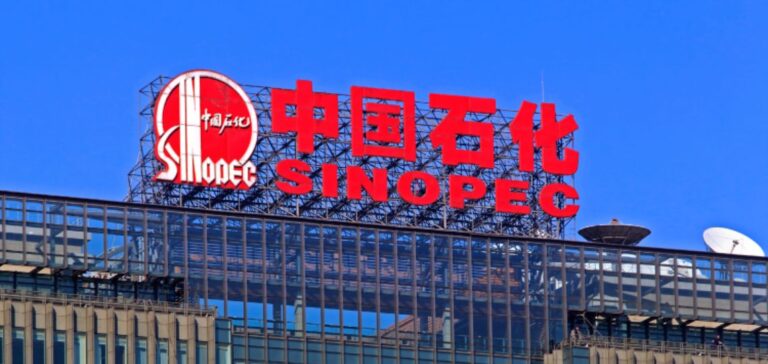China Petroleum & Chemical Corporation (Sinopec) announced on March 24 that it has discovered more than 140 mn tonnes of proven geological reserves of shale oil in the national demonstration zone of Jiyang, located within the Shengli Oilfield in Shandong Province, eastern China. Technically recoverable reserves amount to 11.3599 mn tonnes. This marks the first official certification by China’s Ministry of Natural Resources of a shale oil field exceeding 100 mn tonnes in proven reserves.
Advanced drilling technology and reduced production cycle
The Shengli Oilfield has implemented new-generation automated drilling equipment to enhance extraction efficiency. Horizontal well optimisation, accelerated drilling, and dense mesh fracturing techniques have reduced the average drilling cycle from 133 days to 29.5 days. Deep wells of 6,000 metres are now drilled in an average of 17.7 days. Single-well production capacity continues to set new benchmarks.
According to Liu Huimin, Vice President and Chief Geologist of Sinopec’s Shengli branch, the company has developed a theory of shale oil enrichment in continental fault lake basins, validated through 150,000 laboratory experiments. This theory has led to a tripling of estimated resources in the Jiyang area following a re-evaluation.
Engineering integration and multi-layer expansion
Field development has overcome challenges related to temperature, pressure, and fluid leakage. The company has expanded extraction from three to seven shale layers, supported by reserve-fracture-pressure models and full-cycle 3D technologies. An integrated geo-engineering platform has been established to enhance resource recovery.
Sun Yongzhuang, Assistant to the President of Sinopec Group and Managing Director of the Shengli Petroleum Administration Bureau, stated that Shengli Oilfield’s shale oil resources are now estimated at 10.5 bn tonnes, equivalent to China’s conventional oil output over the past 60 years. He added that an additional 80 mn tonnes of proven reserves is expected this year through integrated exploration and development.
Strengthened national framework and production growth
Since January 2021, Sinopec has achieved multiple discoveries, including at the Fuling and Chongqing fields and in the Northern Jiangsu Basin. In 2024, the company’s shale oil output reached 705,000 tonnes, up 308,000 tonnes year-over-year. A favourable area of 420 square kilometres has been identified in the Qintong Depression, with estimated resources of 350 mn tonnes.
Jia Chengzao, an Academician at the Chinese Academy of Sciences, highlighted the strategic importance of shale oil in supporting domestic output. He noted that the Ministry of Natural Resources recently issued specifications for reserve estimation, establishing a standardised framework for shale resource management in China.





















